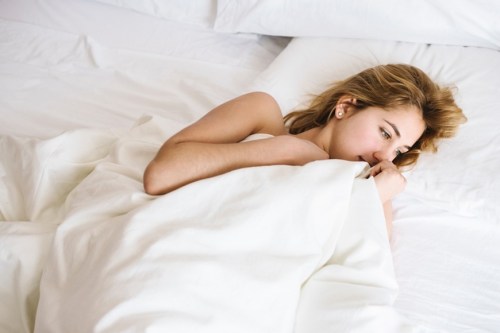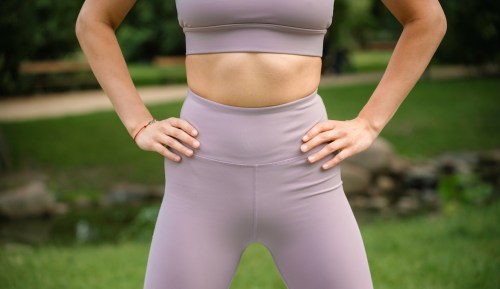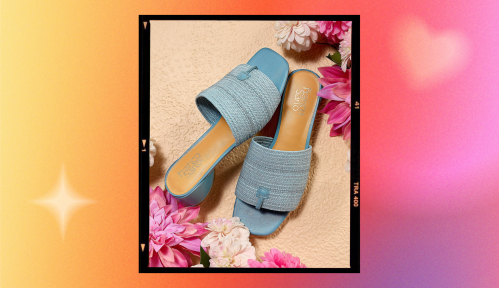Technology makes our lives easier, but it also comes at a price—social media might compromise your mental health, and blue light generally wreaks havoc on skin, after all. Sleep trackers, including fitness trackers that collect data on your snoozing habits, are the source of a similar conundrum. They might be useful tools for helping you understand your sleeping patterns, but according to a new study, they also created a new type of sleep disorder.
A study published in the Journal of Clinical Sleep Medicine termed a new type of sleep disorder called “orthosomnia,” which means “correct sleep.” While that phrase, correct sleep, may sound like a good thing, the word is actually derived from orthorexia, the unhealthy obsession with healthy eating—essentially taking perfectionism to a negative extreme. But what does this have to do with fitness trackers?
The study said that users are “preoccupied or concerned with improving or perfecting their wearable sleep data” instead of focusing on sleep alone (sounds a bit like living for Instagram likes rather than in the moment): AKA orthosomnia.
Well, essentially, it’s the problem that comes with using technology as a tool for self-diagnosis: People are using the information they get from their sleep and fitness trackers to make judgments and decisions about their health without consulting a medical expert. The study said that users are “preoccupied or concerned with improving or perfecting their wearable sleep data” instead of focusing on sleep alone (sounds a bit like living for Instagram likes rather than in the moment): AKA orthosomnia.
Considering that 10 percent of the United States population regularly wears fitness trackers and 50 percent would consider purchasing one, according to the study, orthosomnia has potential to become a widespread affliction.
So maybe don’t use your fitness tracker to diagnose your sleep disorder and instead stick to using it for gauging your daytime physical activity and fitness goals—in healthy moderation, of course.
If you need a better night of shut eye, the right technology or a weighted blanket could help you get it.
Sign Up for Our Daily Newsletter
Get all the latest in wellness, trends, food, fitness, beauty, and more delivered right to your inbox.
Got it, you've been added to our email list.











